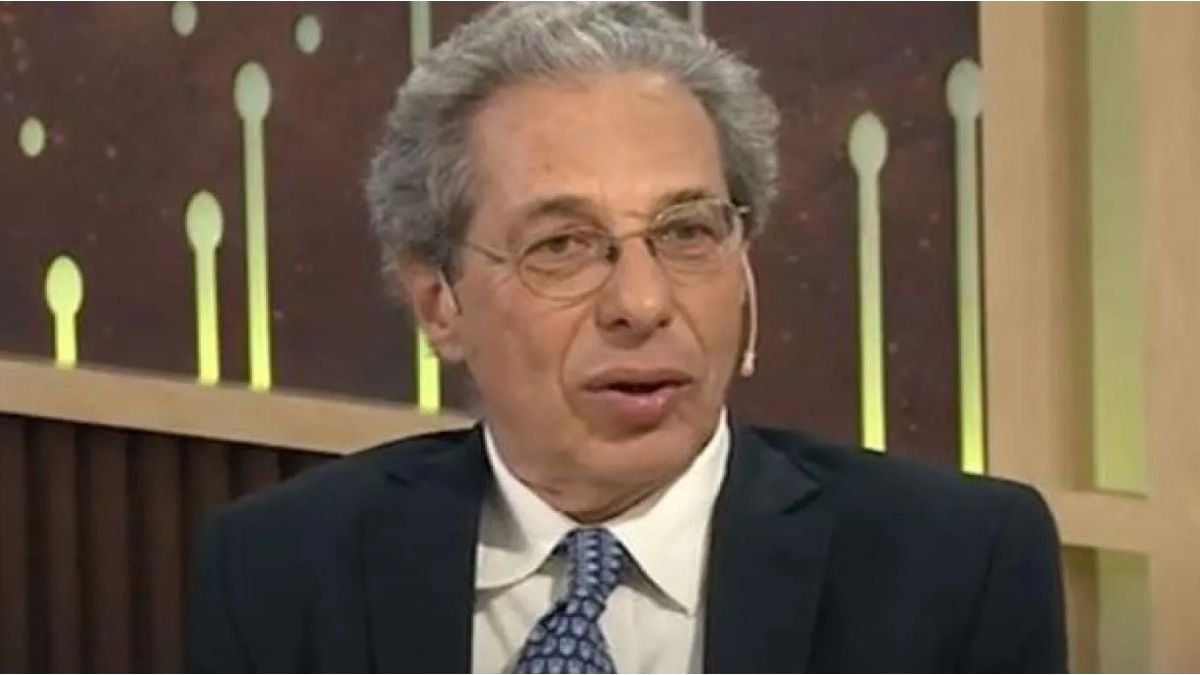The former director of Central Bank (BCRA) and economist Daniel Marx He made a critical diagnosis about the recent behavior of the exchange rate in Argentina. The economist said that a “pending issue” persists in the official exchange scheme and warned about the lack of clear definitions around the intervention of the BCRA.
“The ‘liberation’ of the exchange rate that was made in April coincided with the high seasonality of currency liquidation by agriculture, but it was not clear how that regime was going to be administered. In the letter to the monetary fund it was said that it would eventually intervene inside a band and that aimed at an accumulation of net reserves. That did not happen, and there the confusion begins”Marx explained.
The analyst also pointed out that the executive opted for accumulate reservationsa tool that, in your opinion, It wasn’t expected within the framework of the agreement with the IMF. This strategy, he said, does not respond to the genuine accumulation criteria that is usually expected from a stabilization program.
Suba from the dollar: between seasonality and lack of certainty
As for the recent jump of the dollar, Marx explained that the rise is related to a combination of seasonal factors and official decisions. “It occurs in a context of lower currency offer, product of the low season in foreign trade. To that it is added that the Government applied a transitory reduction to the withholdings of soybeans and corn, which encouraged liquidation advances, but also generated a subsequent effect of lower income of dollars,” he said.
Dollar Blue rates Finance Inversiones Vivo
Depositphotos
For the economist, what is currently observed is “a slip” of the exchange rate. However, he considered that It is a “controlled and expected” correctiontypical of rearrangement in a managed flotation scheme. “We still have a few months to balance this market on a new level,” he anticipated.
“There is no certainty about what are the rules of the game”
One of Marx’s blissful points was his diagnosis about lack of predictability In exchange policy. “The key to this stage is how the transition is handled in a moment of negative seasonality. We must generate supply with a minor demand, and that stresses the price level of the dollar,” he said.
Regarding the recent interventions of the Central Bank in the dollar markets counted with liquidation and futures, he said are within the possible rulesbut stressed that it is not clear what that frame is. “The problem is that there is no particular certainty of what are the rules of the game,” he said.
Dollar Blue rates Finance Inversiones Vivo

Depositphotos
In that line, he mentioned the letter of intent signed with the IMF and the doubts about its practical implementation. “Do we have a clean flotation or a dirty flotation?”
Finally, the former official also raised questions about How the Treasury will face its payments in dollarstaking into account the current mechanism. “With the current scheme, those purchases have to do them directly in the market. That also adds pressure,” he concluded.
Daniel Marx’s statements, in now Play, add to a growing choir of economists who warn about The lack of clear signals in current economic policy. In a volatile scenario, marked by internal uncertainty and external demands, the exchange program remains one of the most sensitive pieces of government economic management.
Source: Ambito
I am a 24-year-old writer and journalist who has been working in the news industry for the past two years. I write primarily about market news, so if you’re looking for insights into what’s going on in the stock market or economic indicators, you’ve come to the right place. I also dabble in writing articles on lifestyle trends and pop culture news.




